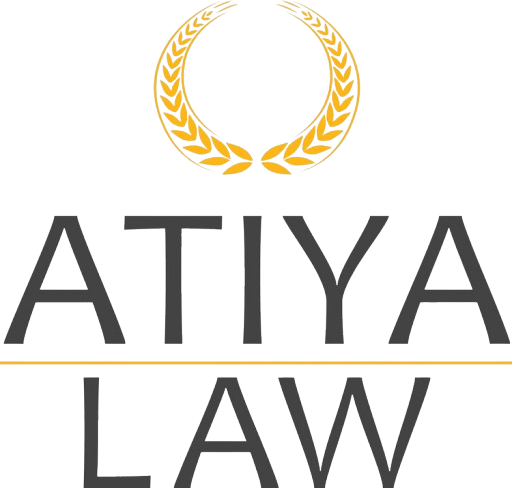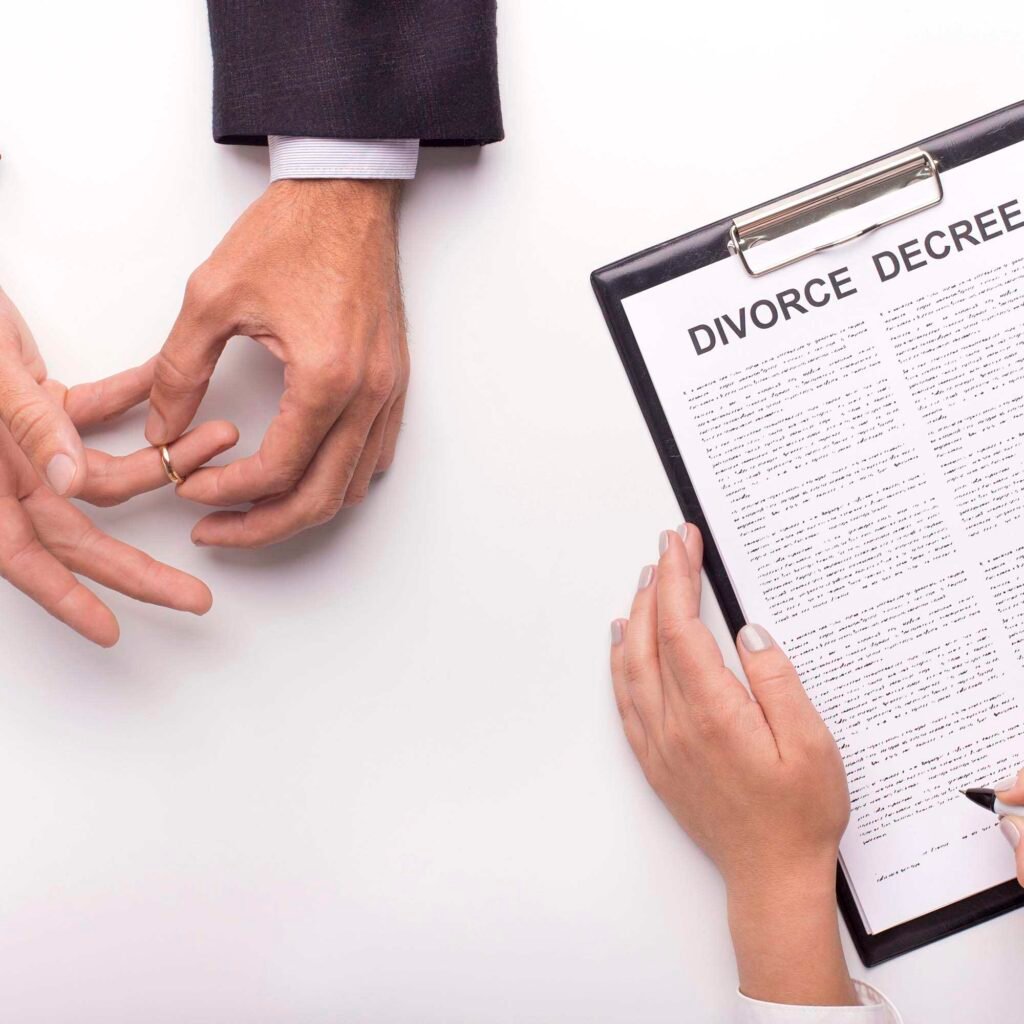Know Your Rights: What to Do If You Encounter ICE Agents
by Author
February 20, 2026
Federal immigration enforcement has intensified nationwide with Immigration and Customs Enforcement (ICE) operations occurring in workplaces, residences, religious institutions, traffic...
Phone Searches at the U.S. Border: What Rights Do Citizens, Green Card and Visa Holders Have?
by Author
February 13, 2026
U.S. border agents have broad authority to search phones and all other electronic devices (laptops, iPads, gaming devices) at airports,...
The Second Amendment: The Right to Bear Arms, Licensing, and Restrictions for Immigrants
by Author
February 6, 2026
The Second Amendment to the United States Constitution is one of the most debated and frequently misunderstood provisions in American...
A Balanced Approach to Clean Up Your Online Presence: Why You Should Be Cautious
by Author
January 30, 2026
In today’s digital world, your online presence is nearly as relevant as your real-world identity. Search engines, social media platforms,...










